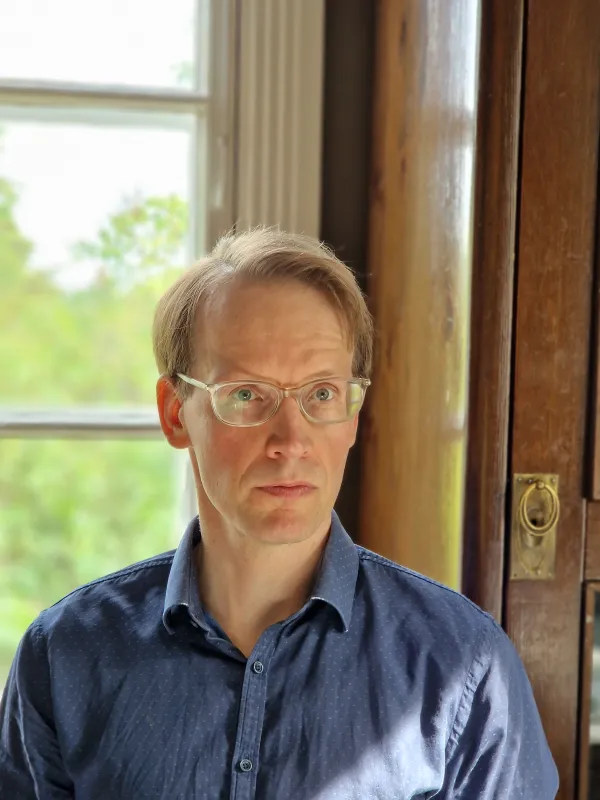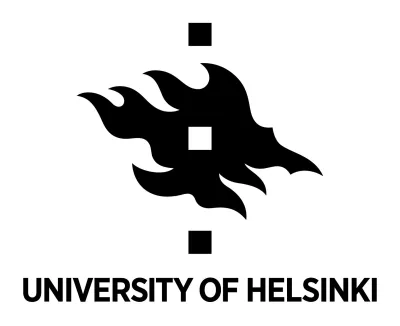Finland

Mika Perälä
Mika Perälä has studied classics and philosophy at the Universities of Helsinki and Oxford. After obtaining his doctorate from the University of Helsinki in 2010, with a thesis on Aristotle’s theory of perception, he pursued a post-doctoral project funded by the Academy of Finland in Helsinki. Perälä has held fixed-term University Lectureships in Helsinki and Jyväskylä and have undertaken research visits to the Swedish Collegium for Advanced Study (Uppsala), the University of Gothenburg, and Clare Hall, Cambridge. He am also a full member and the 3rd vice chair of the Finnish Matriculation Examination Board for the term 2025–2027.
In developing his view of knowledge (epistēmē), Aristotle addresses various kinds of epistemic priorities. This project explores four distinct types: 1) the priority of perception over illusion, 2) knowledge over belief, 3) non-demonstrable knowledge over demonstrable knowledge, and 4) the methodological priority of what is “better known to us” over what is “better known to nature”. These four types have not previously been examined together in a single study. By undertaking this task, Mika Perälä’s principal aim is to develop a novel, comprehensive perspective on Aristotle’s epistemology and theory of science. The project builds on his previous work on Aristotle’s theories of perception, memory, thought, and scientific methodology, particularly epagōgē (induction). Another aim of the project is to review what is distinctive about Aristotle’s approach to knowledge and scientific inquiry in relation to later developments in this field. In what sense can Aristotle be considered a precursor to “virtue epistemology”, the idea that knowledge is an achievement of our cognitive capacity, i.e., epistemic virtue? Why did Aristotle prioritize knowledge? Perälä is also leading a Kone Foundation project that explores the scientific approach to biology taken by Aristotle and his successors, and translates Aristotle’s zoological treatises into Finnish for the first time.
Ancient philosophy, classical philology, history of logic and science, philosophy of education, teaching of philosophy and ethics
